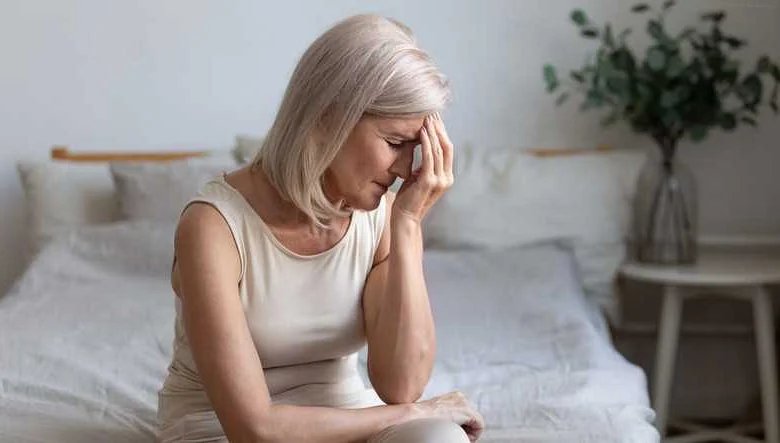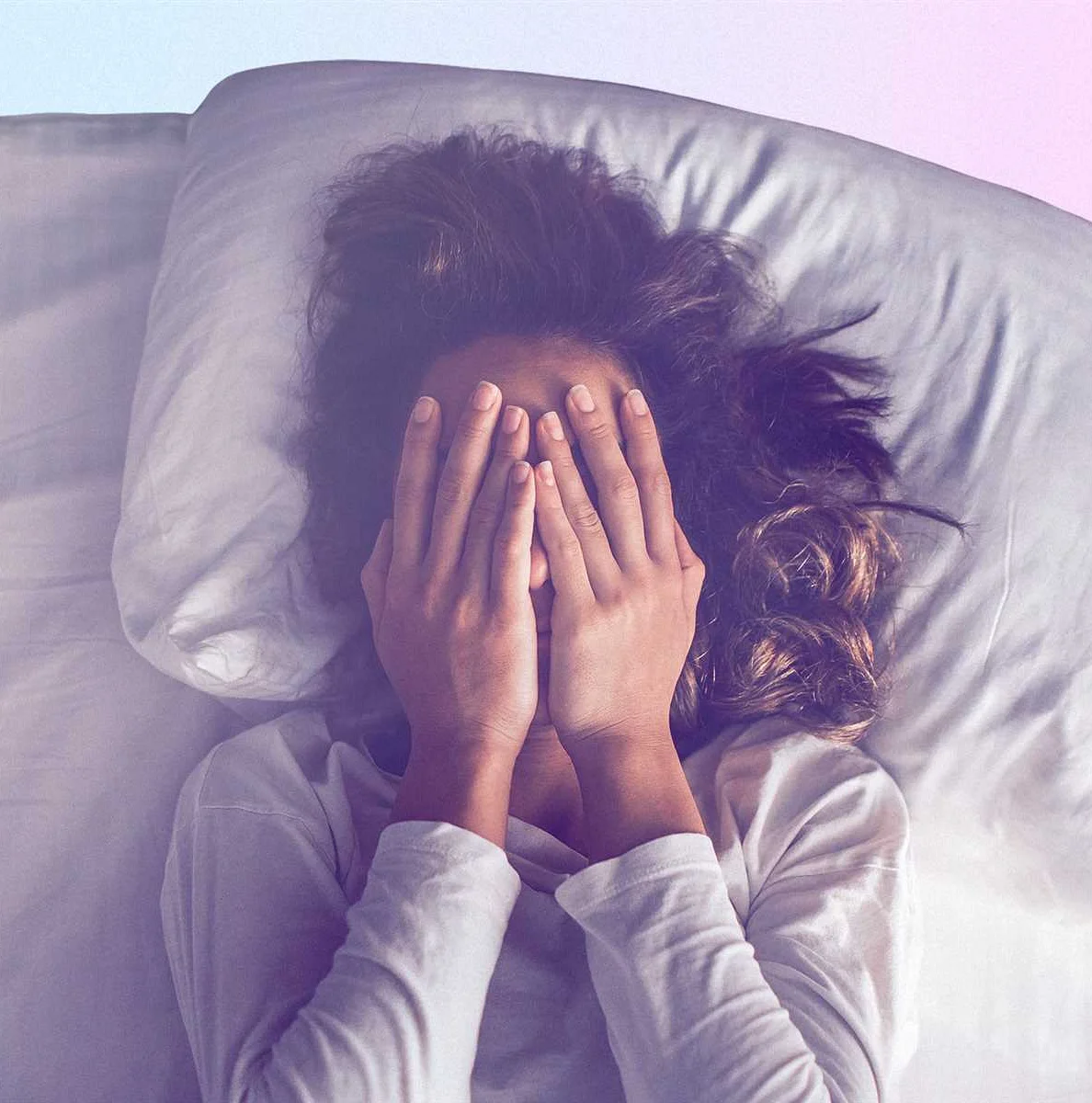Why Do You Feel Dizzy When You Get Out of Bed?
Содержимое
Find out why you feel dizzy when you get out of bed and learn about the causes and potential remedies for this common phenomenon. Understand the role of blood pressure, inner ear balance, and other factors in experiencing dizziness upon standing up.
Have you ever experienced a sudden bout of dizziness when you get out of bed in the morning? If so, you’re not alone. This common phenomenon, known as postural hypotension, can leave you feeling lightheaded and off-balance, making it difficult to start your day.
Postural hypotension occurs when there is a sudden drop in blood pressure upon standing up or changing positions. This can happen for a variety of reasons, including dehydration, medication side effects, and certain medical conditions.
One of the most common causes of postural hypotension is dehydration. When you sleep, your body loses fluid through sweating and breathing. If you don’t replenish this fluid by drinking enough water, you may wake up with low blood volume, leading to a drop in blood pressure when you stand up.
Medications can also play a role in causing dizziness when getting out of bed. Certain drugs, such as those used to treat high blood pressure or heart conditions, can cause a sudden drop in blood pressure. If you take any medications, it’s important to talk to your doctor about the potential side effects.
Lastly, some medical conditions can contribute to postural hypotension. Conditions such as diabetes, Parkinson’s disease, and nerve damage can affect the body’s ability to regulate blood pressure, leading to dizziness upon standing. If you have any underlying health conditions, it’s important to work with your healthcare provider to manage your symptoms.
If you consistently experience dizziness when getting out of bed, it’s important to seek medical attention. Your doctor can help determine the underlying cause of your symptoms and recommend appropriate treatment options. In the meantime, be sure to stay hydrated, avoid sudden movements, and take your time when transitioning from lying down to standing up to help minimize dizziness.
Causes of Dizziness

Dizziness, especially when getting out of bed, can be caused by a variety of factors. Some common reasons for feeling dizzy include:
- Postural hypotension: This occurs when blood pressure drops suddenly upon standing up. It can cause dizziness, lightheadedness, and even fainting.
- Inner ear problems: The inner ear plays a crucial role in maintaining balance. Conditions such as benign paroxysmal positional vertigo (BPPV) or Ménière’s disease can lead to dizziness when changing positions.
- Anemia: A low red blood cell count can result in reduced oxygen supply to the brain, leading to dizziness.
- Dehydration: Lack of fluid intake can cause low blood volume, which can affect blood pressure and result in dizziness.
- Medication side effects: Some medications, particularly those that affect blood pressure or have sedative effects, can cause dizziness as a side effect.
- Orthostatic intolerance: This condition is characterized by symptoms such as dizziness, brain fog, and fatigue when assuming an upright position. It is often caused by dysautonomia, a dysfunction of the autonomic nervous system.
- Low blood sugar: When blood sugar levels drop too low, individuals may experience lightheadedness and dizziness.
It’s important to consult with a healthcare professional if you frequently experience dizziness when getting out of bed, as they can help determine the underlying cause and recommend appropriate treatment.
Orthostatic Hypotension

Orthostatic hypotension is a medical condition in which a person experiences a sudden drop in blood pressure when they stand up from a lying or seated position. This drop in blood pressure can lead to dizziness and a feeling of lightheadedness.
When you get out of bed in the morning, your body has to quickly adjust to the change in position. Normally, your blood vessels constrict to prevent blood from pooling in your lower extremities and ensure that enough blood is reaching your brain. However, people with orthostatic hypotension have difficulty regulating this process, leading to a drop in blood pressure.
There are several factors that can contribute to the development of orthostatic hypotension. One common cause is dehydration, which can lead to a decrease in blood volume and blood pressure. Certain medications, such as those used to treat high blood pressure or heart conditions, can also cause orthostatic hypotension as a side effect.
Other medical conditions, such as diabetes, Parkinson’s disease, and autonomic nervous system disorders, can also increase the risk of developing orthostatic hypotension. Additionally, aging can play a role, as blood vessels may become less elastic and less able to constrict and maintain adequate blood pressure.
If you experience dizziness when getting out of bed, it is important to speak with a healthcare professional. They can evaluate your symptoms, medical history, and perform any necessary tests to determine the underlying cause of your orthostatic hypotension. Treatment may involve lifestyle modifications, such as increasing fluid intake and avoiding sudden changes in position, as well as medication adjustments.
Overall, orthostatic hypotension is a condition that can cause dizziness when getting out of bed. By understanding the causes and seeking appropriate medical care, individuals can find relief from this symptom and improve their daily quality of life.
Inner Ear Disorders
One of the most common reasons for feeling dizzy when getting out of bed is inner ear disorders. The inner ear plays a crucial role in maintaining balance and equilibrium. When there is a disruption in the functioning of the inner ear, it can lead to feelings of dizziness.
One of the inner ear disorders that can cause dizziness is benign paroxysmal positional vertigo (BPPV). This condition occurs when tiny calcium crystals in the inner ear become dislodged and float into the fluid-filled canals responsible for balance. When you change positions, such as getting out of bed, these displaced crystals can stimulate the inner ear, causing dizziness.
Another inner ear disorder that can cause dizziness is Meniere’s disease. This chronic condition is characterized by recurring episodes of dizziness, vertigo, hearing loss, and a sensation of fullness in the affected ear. Meniere’s disease is thought to be caused by an excess buildup of fluid in the inner ear, leading to disturbances in balance and dizziness.
Labyrinthitis is another inner ear disorder that can cause dizziness when getting out of bed. This condition occurs when the labyrinth, a part of the inner ear responsible for balance, becomes inflamed or infected. The inflammation can disrupt the normal signals sent to the brain regarding balance, leading to dizziness.
If you experience frequent dizziness when getting out of bed, it is important to consult with a healthcare professional to determine the underlying cause. They can conduct a thorough examination and recommend appropriate treatment options to alleviate your symptoms and improve your overall well-being.
Dehydration
Dehydration is a common cause of dizziness when getting out of bed. When your body doesn’t have enough water, it can’t function properly, leading to a drop in blood pressure and dizziness. Dehydration can be caused by many factors, including not drinking enough fluids, excessive sweating, and certain medical conditions.
When you wake up in the morning, your body has been without water for several hours. This can lead to dehydration if you don’t hydrate properly. It’s important to drink water throughout the day to stay properly hydrated. While you sleep, your body loses water through sweat and breathing, so it’s crucial to replenish those fluids in the morning.
Dehydration can also be caused by certain medications or medical conditions such as diabetes or kidney disease. If you suspect that your dizziness is due to dehydration, try drinking a glass of water and see if it improves. If the dizziness persists or worsens, it’s important to seek medical attention to determine the underlying cause.
Preventing dehydration can help reduce the frequency of dizzy spells when getting out of bed. Make sure to drink plenty of water throughout the day, especially when you wake up in the morning. If you engage in physical activity or spend time in a hot environment, it’s important to drink even more fluids to stay properly hydrated. It’s also helpful to avoid excessive caffeine or alcohol intake, as these substances can contribute to dehydration.
In conclusion, dehydration is a common cause of dizziness when getting out of bed. It’s important to stay properly hydrated by drinking water throughout the day. If you experience frequent dizziness when getting out of bed, it’s important to seek medical attention to determine the underlying cause and receive proper treatment.
Medications
Dizziness upon getting out of bed can sometimes be a side effect of certain medications. Some medications, especially those used to treat high blood pressure, have been known to cause a drop in blood pressure when standing up quickly. This sudden drop in blood pressure can lead to dizziness and lightheadedness.
Other medications, such as certain antidepressants, sedatives, and anti-anxiety drugs, can also affect the balance and coordination centers in the brain, leading to dizziness when changing positions.
If you experience dizziness after getting out of bed and you are taking any medications, it is important to talk to your doctor. They may be able to adjust your dosage or switch you to a different medication that does not have the same side effect.
It is important to never stop taking medication without consulting your doctor first, as this can have serious consequences for your health. Your doctor will be able to provide guidance and make any necessary adjustments to your medication regimen.